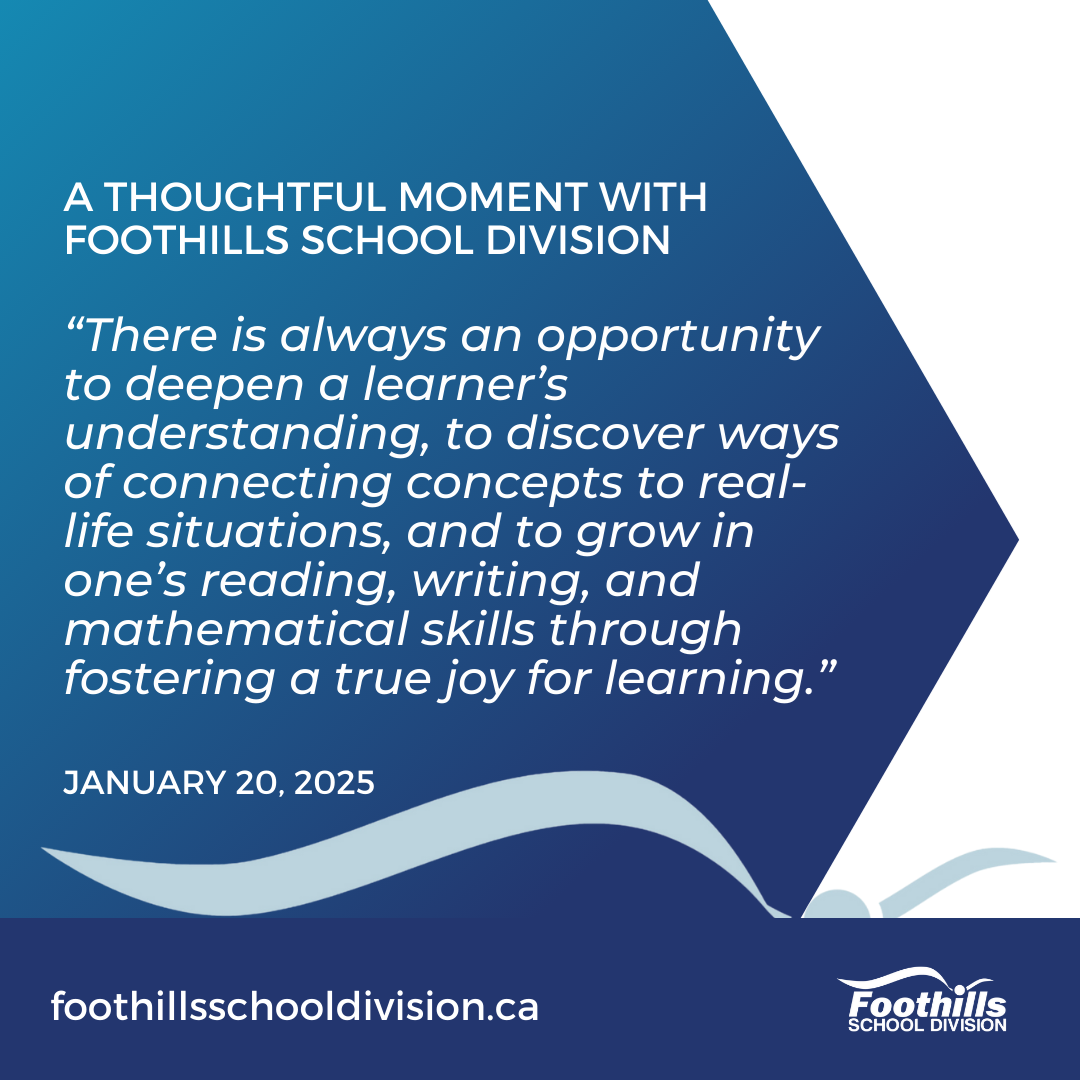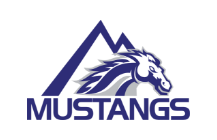ATM: Why and how we focus on literacy and numeracy
.jpg)
At Foothills School Division, we are dedicated to helping every student reach their highest potential and be ready for the future. We focus on fostering a strong foundation of reading, writing, and math skills because they are essential for effective communication, critical thinking, and problem-solving—skillsets that are necessary in the world of work.
We use effective teaching methods, thorough assessments, engaging learning opportunities, and professional development to create environments where every student can flourish.
Our Approach to Numeracy (Math Skills)
- Mindset Matters: We encourage a positive attitude towards math. Students are supported and given positive feedback to help them improve.
- Number Flexibility and Fluency: Students learn to think flexibly and accurately with numbers using hands-on tools and visual aids.
- Balanced Instruction: We use a variety of engaging tools and strategies to help students understand math concepts and apply them in real-life situations.
- Developing Mathematicians: Learning is meaningful and connected to students' life experiences. Students discover how to transfer their understanding beyond the classroom.
- Assessment and Evaluation: We use ongoing assessments to guide instruction and improve learning. Various reliable forms of assessment are used to evaluate student progress. The results of the assessments, from a divisional level, can be found in our Annual Education Results Report.

Our Approach to Literacy (Reading and Writing Skills)
- Design for Complexity: Instruction goes beyond individual skills and subjects, considering the multiple layers of becoming literate.
- Explicit and Systematic: Students are guided through the learning process with clear explanations and models, moving from simple to complex.
- Contextualized: Learning is embedded in multiple contexts and practiced in various ways and places.
- Authentic: Learning is connected to real experiences and students' background knowledge or topic of interest. This connects students to the relevance of their work.
- Embodied: Learning experiences consider the connection between the body and the mind, using physical movement, song, manipulatives, and group interactions.
Advancing Literacy and Numeracy is an ongoing effort, from Junior Kindergarten through to Grade 12. There is always an opportunity to deepen a learner’s understanding, to discover ways of connecting concepts to real-life situations, and to grow in one’s reading, writing, and mathematical skills through fostering a true joy for learning.
Yours in learning,
 Dinah VanDonzel
Dinah VanDonzel
Director of Student Learning (JK-6)
& Staff Learning
